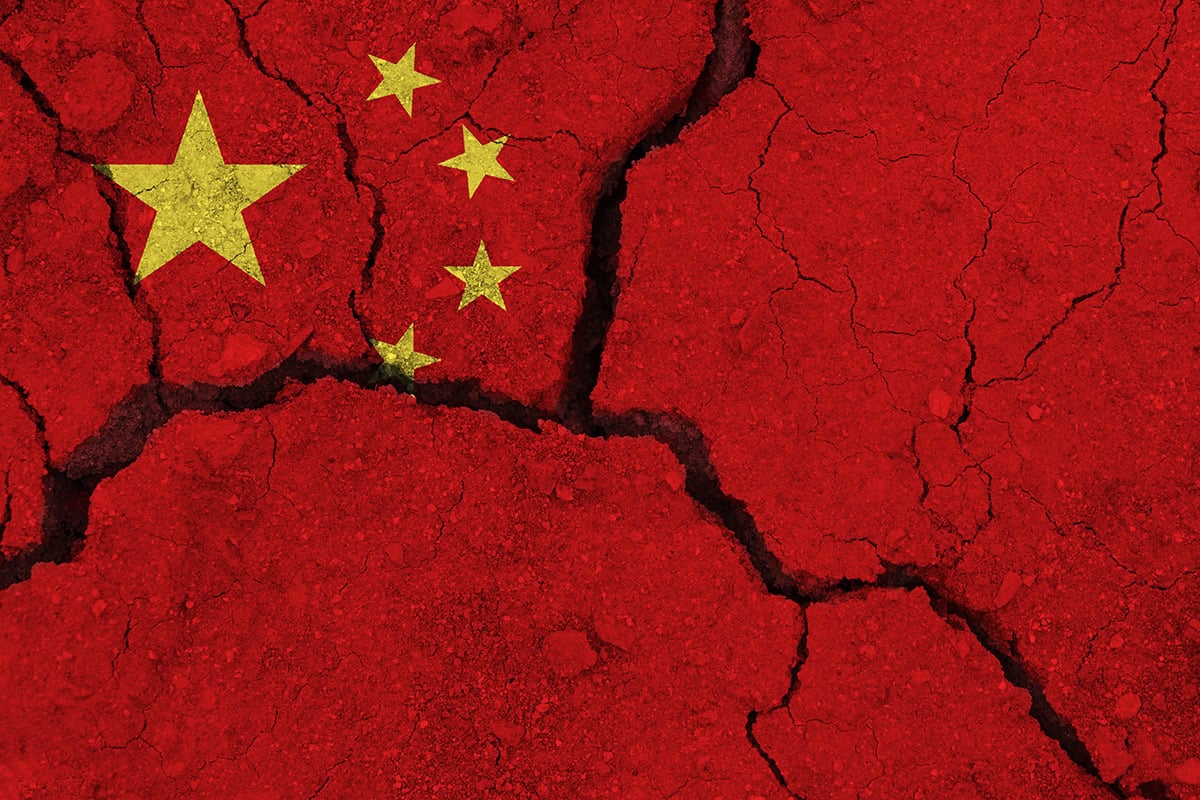China has seen a significant decrease in IPO activity in recent months and the decline could worsen as regulators increase scrutiny.
In the first quarter of this year, just 30 IPOs in the country raised 23.6 billion yuan ($3.26 billion), according to a report by Deloitte China. This represents a 56% and 64% decline, respectively, from the same period a year ago.
Many companies are reversing listing plans. In March, Swiss agricultural chemicals group Sygenta pulled its $9 billion Shanghai IPO after failing to get the green light from regulators. The company is not alone. In February, exchange data showed that 47 companies had pulled their listing plans since the start of the year—compared with 27 withdrawals a year ago.
The drop in activity coincides with the China Securities Regulatory Commission (CSRC) issuing a new set of rules to strengthen the supervision of public companies and news listing. Applications are also to be vetted more closely to prevent excessive fundraising and to crack down on fraud. The tougher line comes after Wu Qing—the former vice mayor of Shanghai nicknamed the Broker Butcher—was appointed chairman of the CRSC in February.
At a March news conference, CSRC Vice Chairman Li Chao said guidelines are consistent with “strengthening regulation, preventing risks and promoting high-quality development.” Last month, the CRSC went further, saying it plans to hold random inspections on at least 25% of companies looking to public (up from 5% in 2023).
While the new rules are intended to restore confidence in China’s ailing stock market, they are having a short-term chilling effect on companies looking to go public. Deloitte China is now predicting that China’s A share IPO market will slow considerably in 2024, with around 115 to 155 new listings raising up to 166 billion yuan—lower than Deloitte expected. Meanwhile, the boards in Shanghai and Shenzhen could have anywhere between 25 and 35 listings, raising as much as 84 billion yuan. Nevertheless, it is anticipated that the tighter regulations will benefit the Chinese stock market in the long run as they set a higher benchmark for listed companies.




